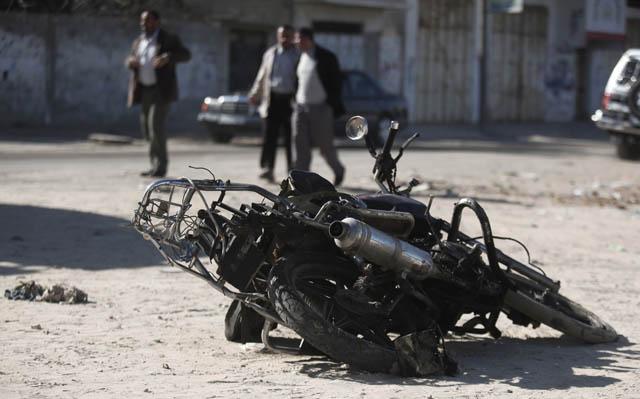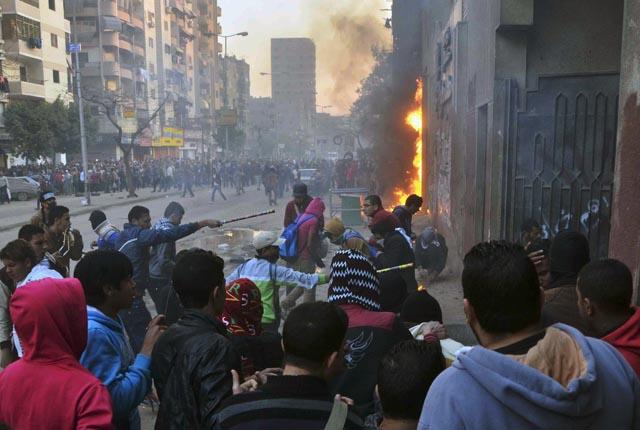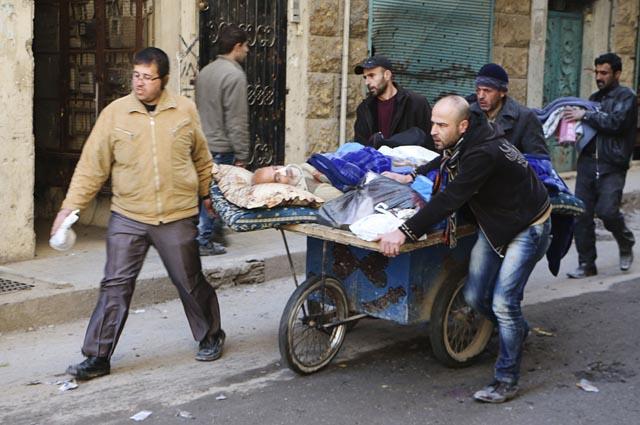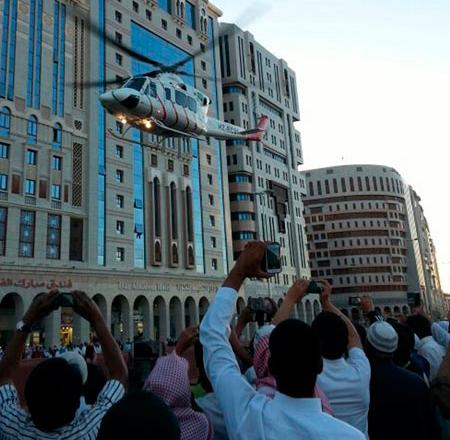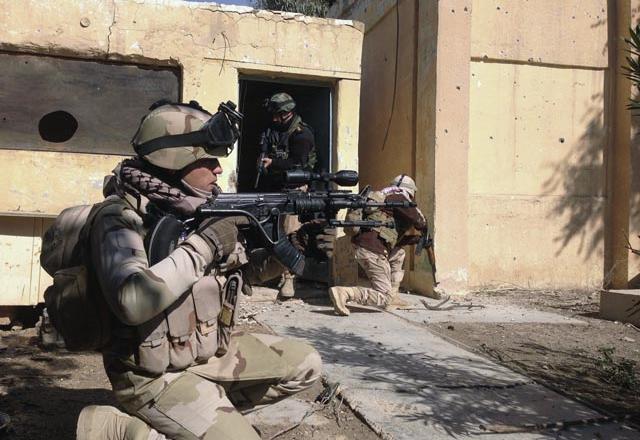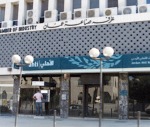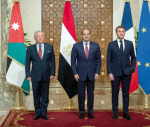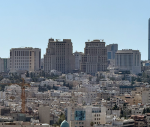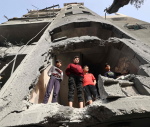GAZA CITY — A Palestinian fighter was in critical condition after an Israeli air strike on central Gaza on Sunday that the army said targeted a “key” figure responsible for cross-border rocket fire.
The strike was the latest in a growing number of violent incidents in and around Gaza since the start of 2014, prompting an Israeli warning it will continue to strike anyone threatening its citizens.
Medical sources said the man had lost a leg and was in critical condition after a missile struck a motorcycle in Deir Al Balah at around 8:00 am (0600 GMT).
They said a second man, described as a civilian bystander, was also moderately injured in the attack.
The Israeli military confirmed the strike and said it targeted Abdallah Khurati, a fighter with the Popular Resistance Committees and “affiliated with global jihad” who was involved in “numerous incidents of rocket fire towards Israel”.
A senior source in the PRC confirmed the injured man was Khurati, and said he had worked within the movement until several months ago when he broke off to form a splinter group.
Speaking at the weekly Cabinet meeting, Prime Minister Benjamin Netanyahu said anyone trying to harm Israel would be responsible for his own fate.
“Our policy of attacking terror is based on a simple principle: whoever hurts us, whoever has hurt us [in the past] and whoever is intending to hurt us — his blood is on his own head,” he said in remarks communicated by his office.
Defence Minister Moshe Yaalon said Khurati had also been involved in rocket fire on Israel’s Red Sea resort city of Eilat, although he did not give details.
In January, Al Qaeda-inspired Ansar Beit Al Maqdis, a jihadist group based in Egypt’s Sinai, claimed responsibility for rocket fire against Eilat, which lies just across the border.
A Gaza-based Salafist group called the Mujahedeen Shura Council claimed responsibly for an August 2013 rocket attack. Nobody was injured in either incident.
“We will continue to pursue with determination any terror operative who tries to harm the security of Israeli citizens and make him pay a very heavy price,” Yaalon said in a statement, which also warned Gaza’s Islamist Hamas rulers.
“If [Hamas] doesn’t know how to enforce its own authority in the territory, we know how to extract a price from it.”
Tensions have risen in and around Gaza after a year of relative calm, with army figures showing 33 rockets have been fired at southern Israel since the start of 2014.
Last week, Hamas redeployed a 600-strong special security force tasked with preventing cross-border rocket fire, after earlier reports it had been pulled back.
A spokesman said Hamas would “not allow the occupation [Israel] to break off the ceasefire” that ended an eight-day conflict in November 2012 and which was largely respected throughout 2013.

